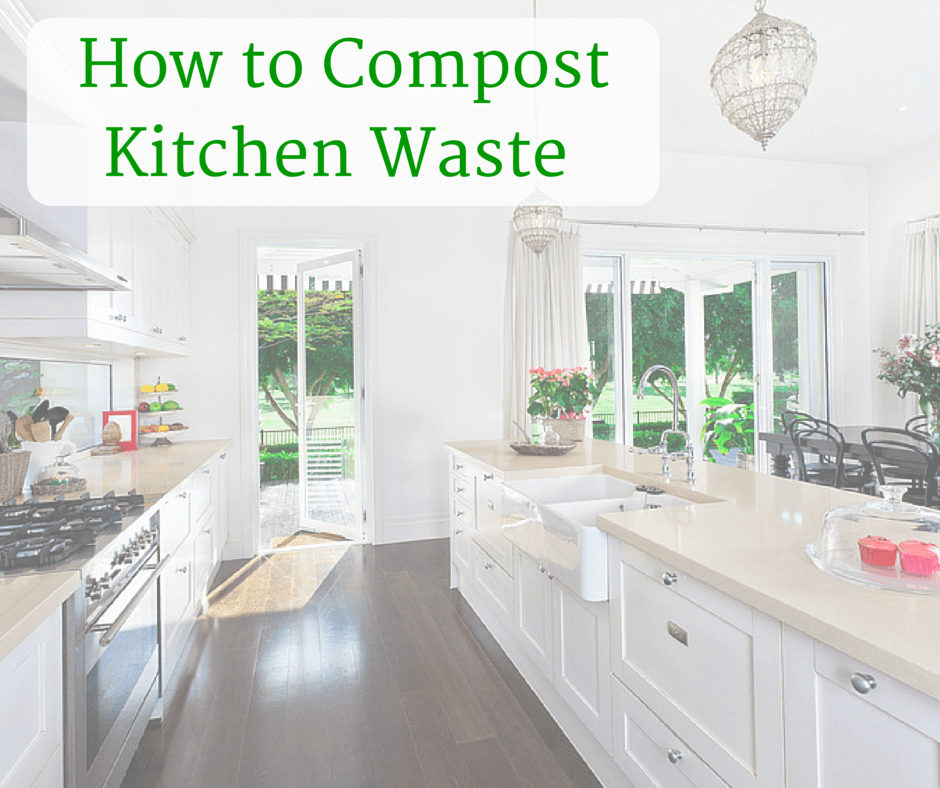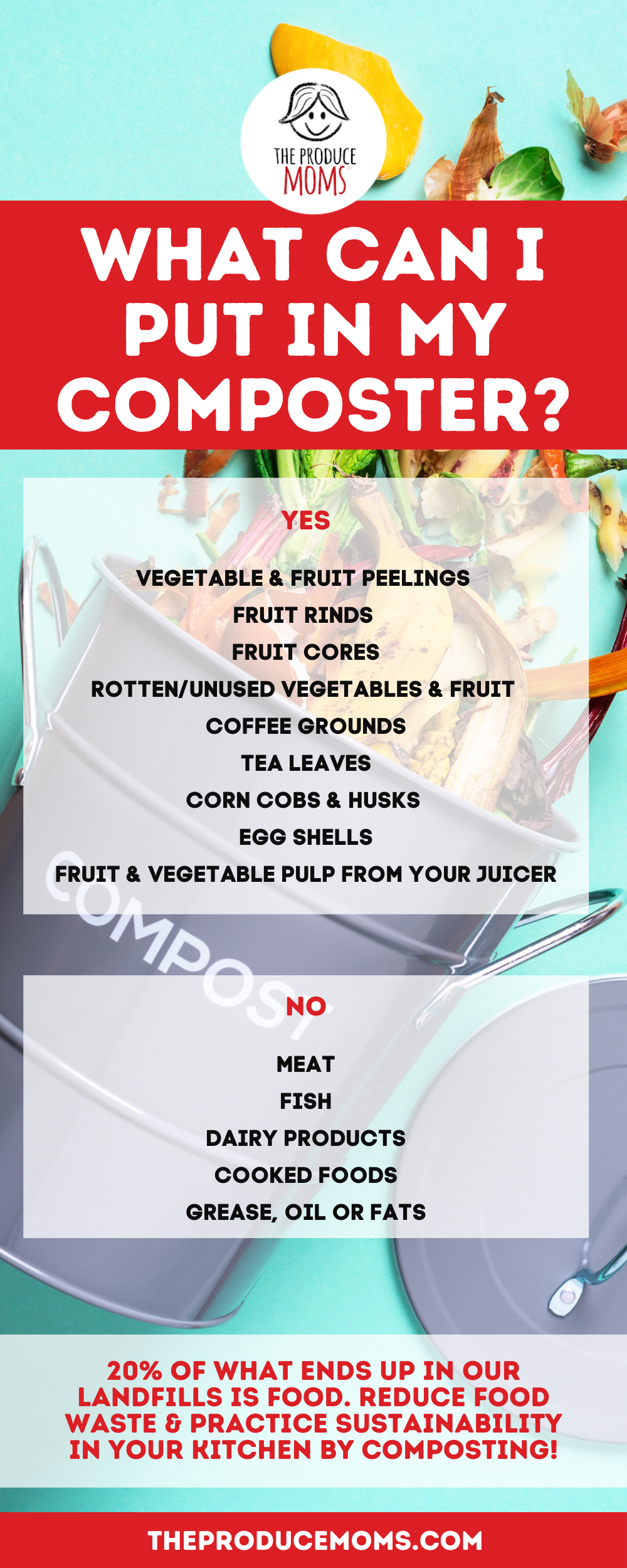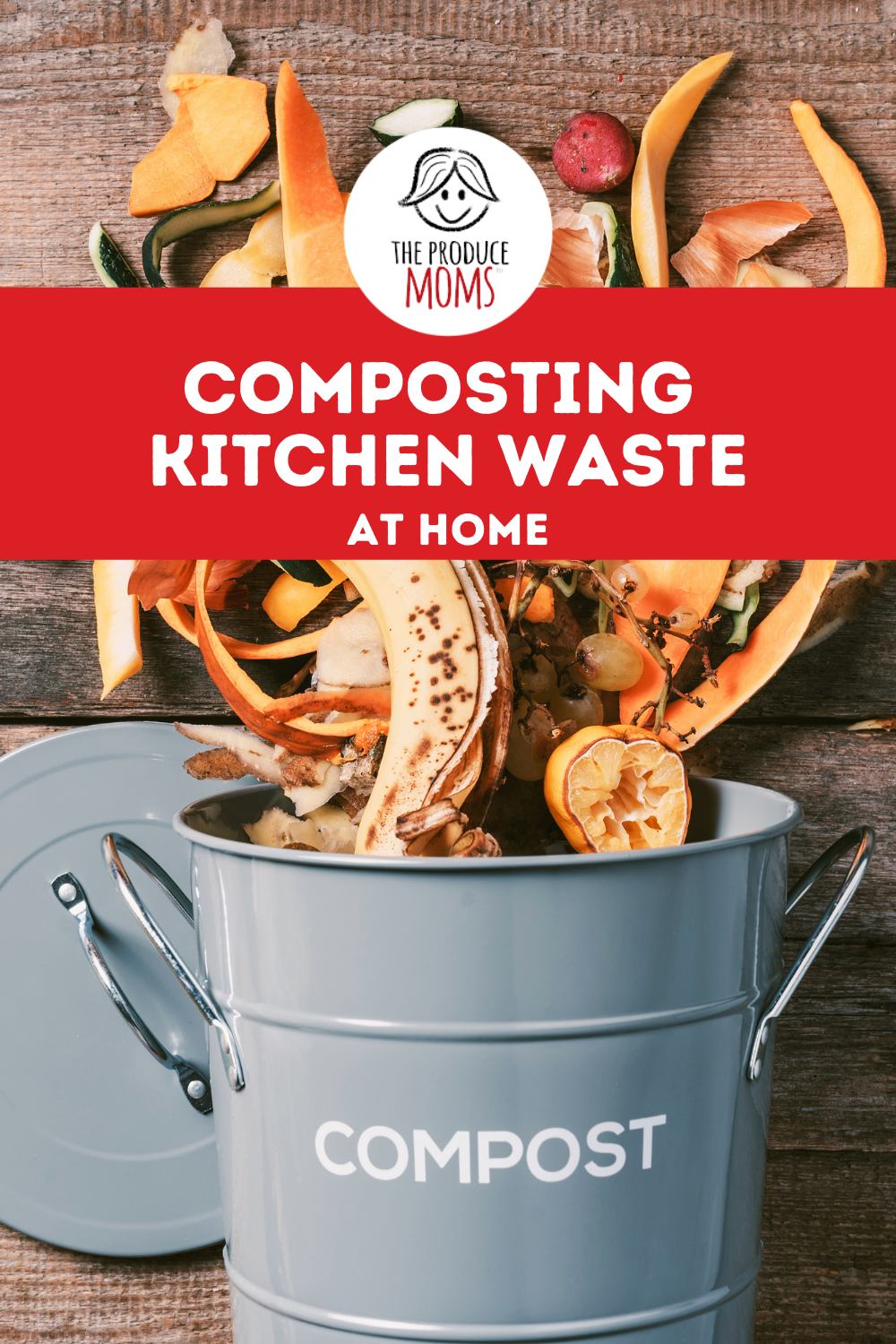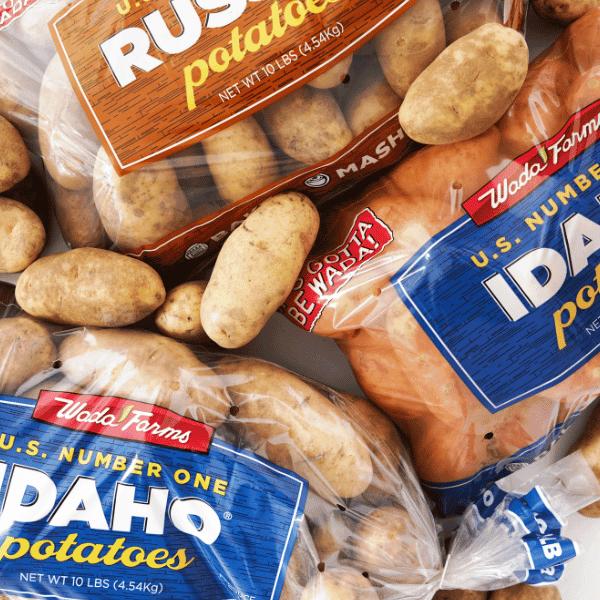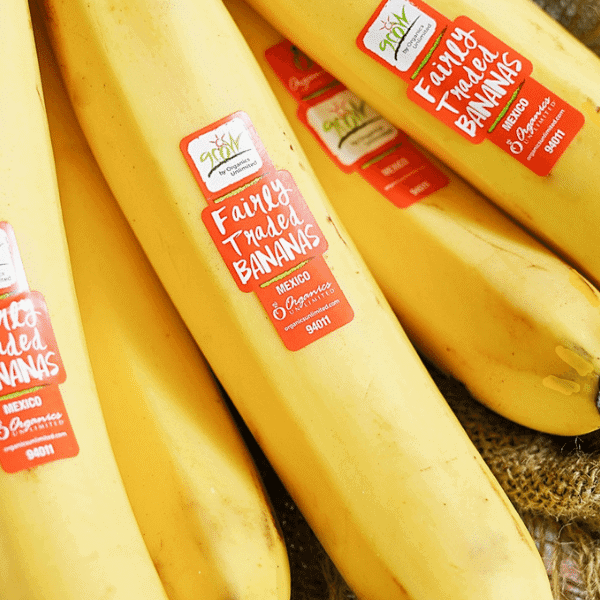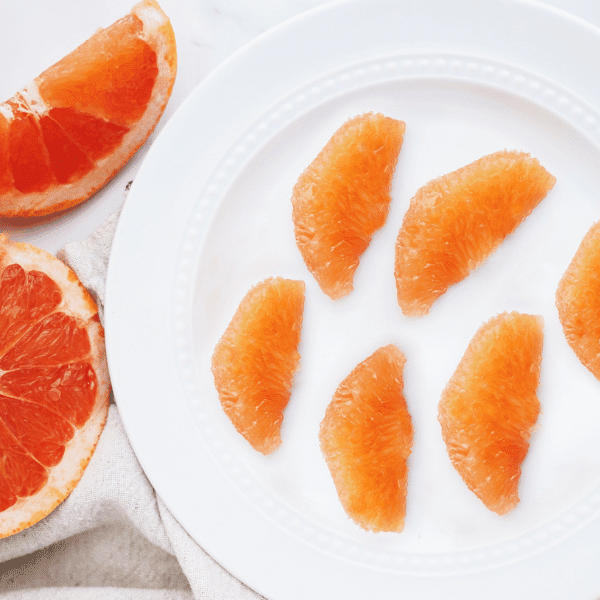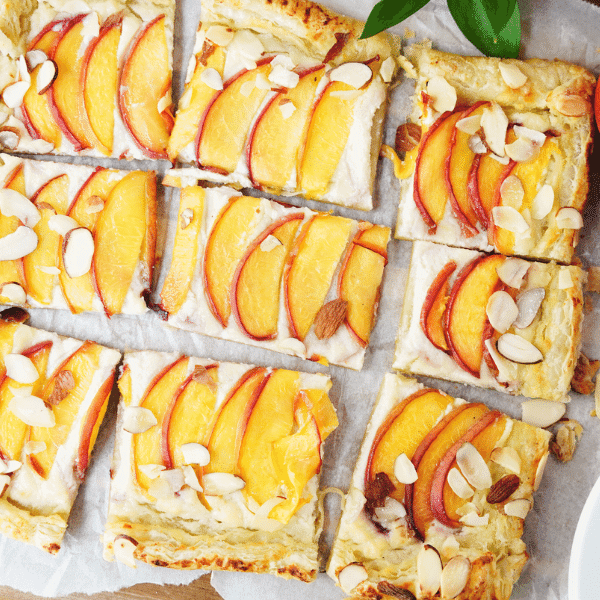Composting Kitchen Waste at Home
Feb 10, 2016, Updated Apr 18, 2022
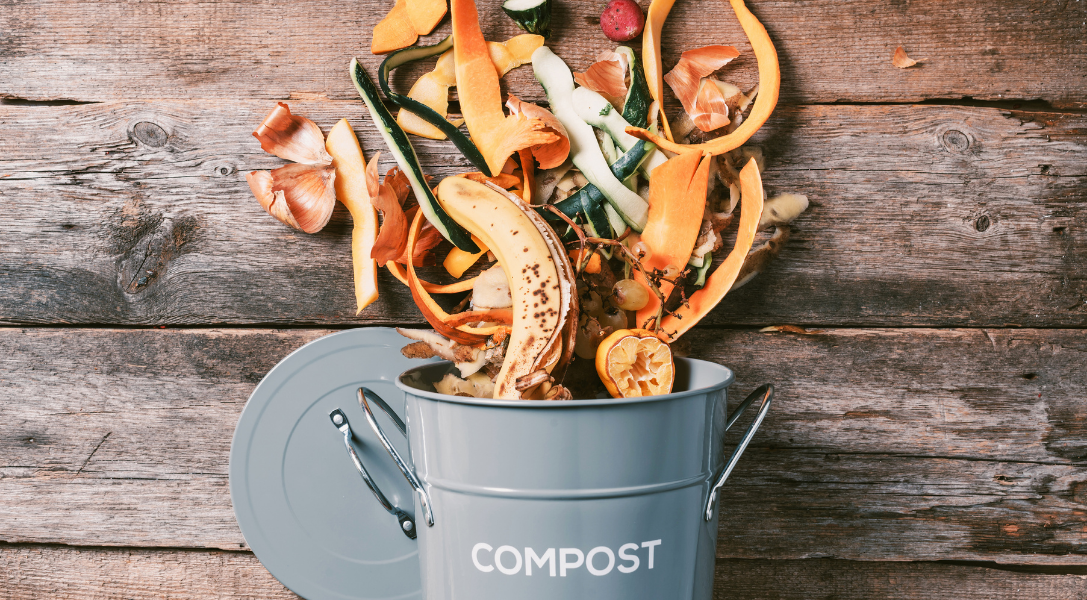
This post may contain affiliate links. Please read our disclosure policy.
Did you know that 20 percent of what ends up in our municipal landfills is food? 20 percent! One easy way to reduce food waste and practice sustainability in our kitchens is through composting.
Not only will you feel good about reducing food waste, composting kitchen scraps also provides nourishment for your garden or landscaping. Compost enriches the soil and it is full of all kinds of goodies that plants love!
Composting kitchen waste at home is really easy! There are just a few things to know before you get started:
What types of organic materials from my kitchen can be composted?
Do put the following kitchen waste in your composter:
- Vegetable & fruit peelings
- Fruit Rinds
- Fruit cores
- Rotten/unused vegetables & fruit
- Coffee grounds
- Tea leaves
- Corn cobs & husks
- Egg shells
- Fruit & vegetable pulp from your juicer
What types of organic materials from my kitchen cannot be composted?
Do not put the following kitchen waste in your composter:
- Meat
- Fish
- Dairy products
- Cooked foods
- Grease, oil, or fat
What should I do with my compostable kitchen waste?
There are many ways to make compost. First, collect your compostable kitchen scraps in a kitchen compost pail or store them in a plastic bag in your refrigerator. From there, you have several options. You can create a compost pile, purchase a compost bin (there are many varieties to choose from), or you can even get a worm composter kit! Composting with worms (aka vermicomposting) is ideal for those without a large outdoor space, as it can be done on a porch, patio or balcony.
Here are some great resources to help get you started:
- How to build and begin a compost pile
- Compost tumblers vs compost bins
- Vermicomposting – Composting with worms
Composting is a great way to do your part to reduce food waste in landfills! Get the whole family involved—there are many wonderful science lessons that kids can learn from composting. Plus, you’ll have happy plants and a thriving garden. Everyone wins!
RELATED: At Home Regenerative Farming
